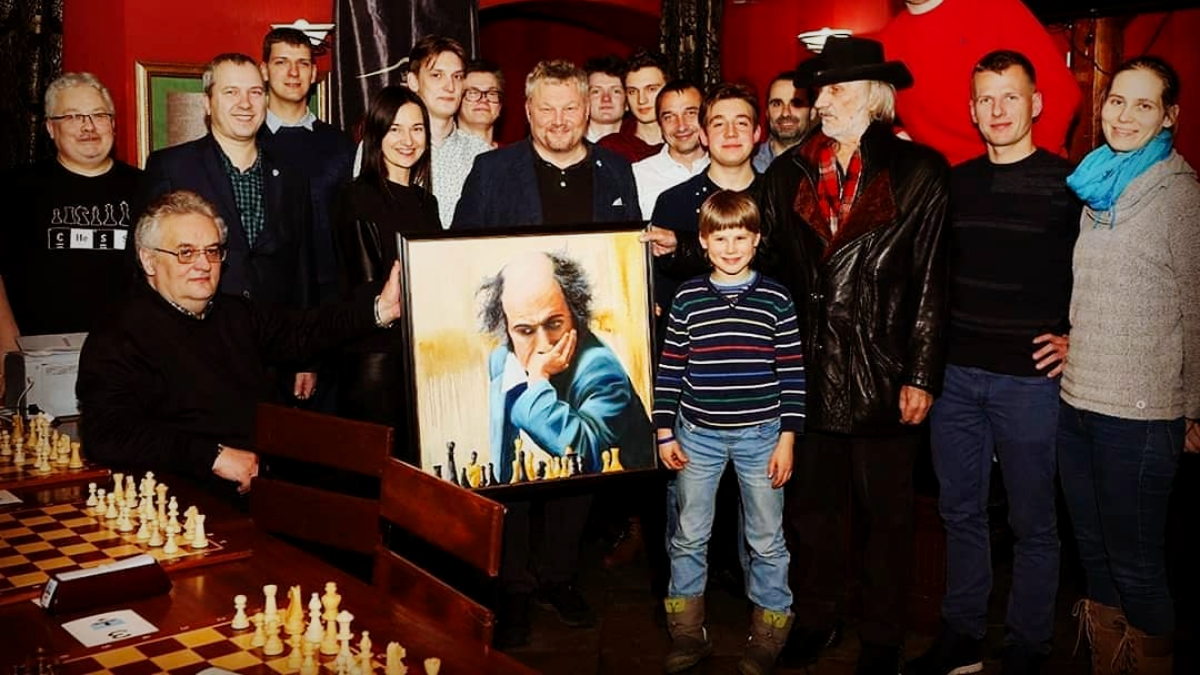It’s 3am in central Riga, and a man has just punched a woman in the face. The man, who looks like he’s in his 50s, is being dragged through the bar by a bouncer. The woman and her friends follow, screaming in Russian.
I ask the woman what happened. She glares. It turns out he tried to hit on her, and when she told him to fuck off, he punched her. She’s 23.
“I will fucking kill him,” she spits. “I will kill anyone in my way.” She looks at me: “If you are in my way, I will kill you.”
I tell her I won’t get in her way.
The woman is from Riga, but talks in Russian. “Because I am Russian,” she explains. “If someone in Latvia says they don’t have Russian heritage, they are fucking lying.”
A sweaty American man, glazy-eyed and middle-aged, appears from behind me and tells her he loves her face. I take my cue and walk back to the hotel, streaked in beer and blood.
I’ve come to Riga to play in a chess tournament. There’s something electric about sitting at a board in a former Soviet city, where the old Union’s greatest intellectual weapon still carries some of its old charge.
It was never just a game. Chess was the state religion of the USSR, and reputations were built and broken over the board. Factories held tournaments. Newspapers ran daily puzzles. Entire institutions existed for the study of chess. In the early Soviet clubs, proletarian archetypes squared off like boxers.
Register for free to read this article.
